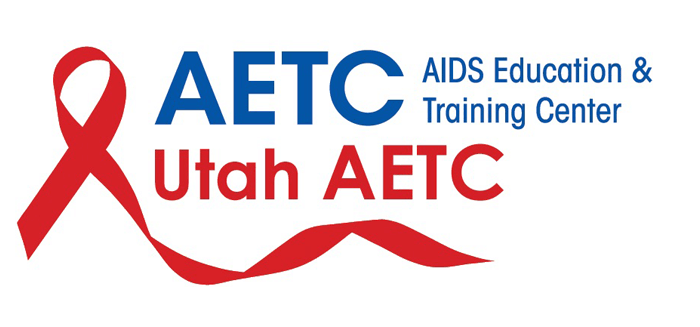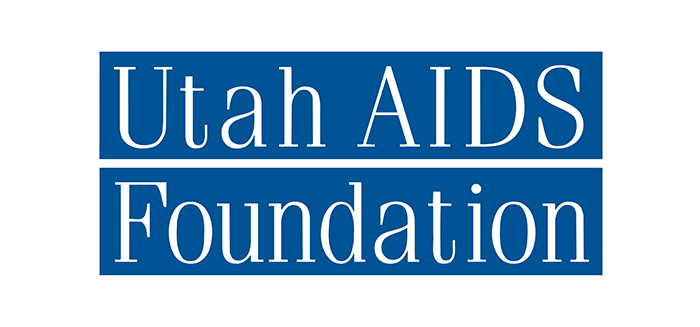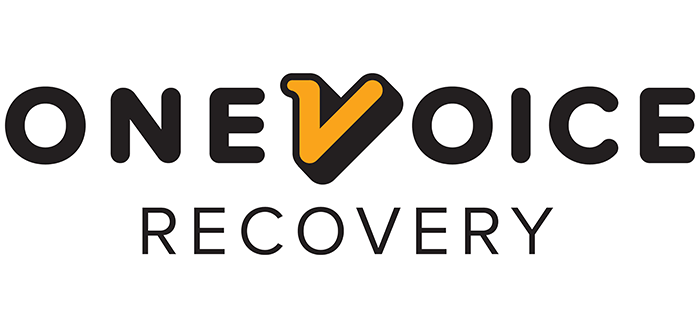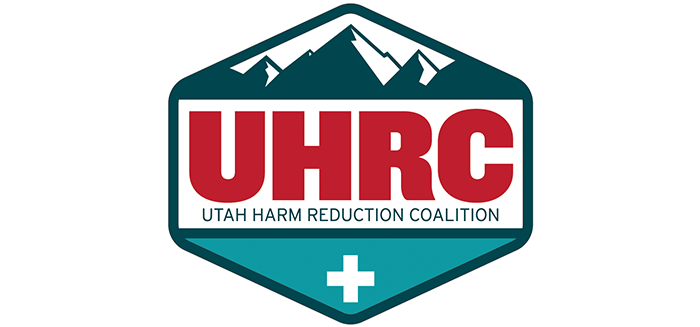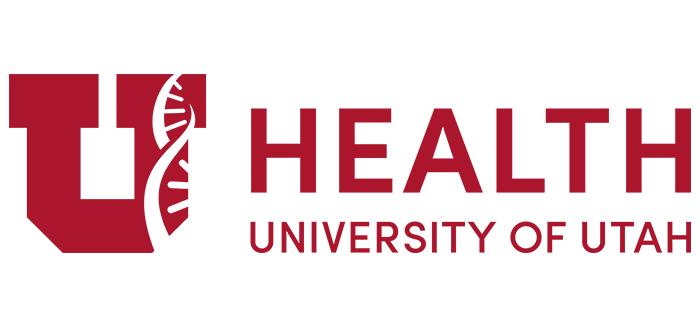Getting To Zero
A Collaborative Plan to End HIV in Utah
A multi-year, multi-agency effort, Getting to Zero is focused on ending new HIV infections and HIV-related deaths in Utah. With targeted goals, strategies, and actions in four key domains– Test, Treat, Prevent, and Respond– Getting to Zero will save lives in Utah and beyond.
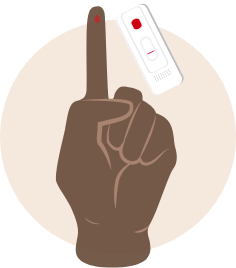
Test
Ending HIV infections and deaths starts with everyone getting tested and knowing their status.
Long-term Objectives
By end of year 2025
- 30% of Utahns know their HIV status
- 90% of people living with HIV have received a diagnosis
Strategies & Actions
- Promote HIV testing throughout Utah
- Educate providers statewide on HIV testing guidelines and resources
- Get more hospitals to include HIV testing prompts in electronic medical records
- Implement at least one new testing method (at-home testing, pharmacy testing, etc.)
- Explore tech-based solutions (testing prompts, contact tracing, partner notifications)
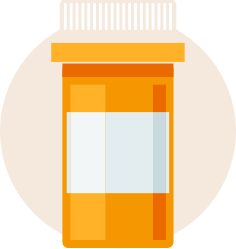
Treat
By helping more people access care, we can prevent new infections and reduce HIV-related deaths.
Long-term Objectives
By end of year 2025
- 95% of people living with HIV are in care and on antiretrovirals (ARV)
- 95% of people living with HIV are virally suppressed
Strategies & Actions
- Anyone with a positive HIV test will be linked to care within 30 days
- More testing sites throughout Utah will be able to initiate ARVs, often at initial diagnosis
- Ensure people living with HIV understand how to utilize support services like Ryan White
- Identify all Utahns not currently in care and re-engage them with medical and support services

Prevent
By increasing access to PrEP, nPEP, and other resources, many new HIV infections can be prevented.
Long-term Objectives
By end of year 2025
- Increase the number of pre-exposure prophylaxis (PrEP) users in Utah by 50%
- Make data-driven sexual health and harm reduction programming more available
Strategies & Actions
- Make PrEP and non-occupational post-exposure prophylaxis (nPEP) more affordable and accessible throughout Utah
- Understand and overcome other barriers to PrEP and nPEP usage
- Compile an extensive report on the state of sexual health in Utah
- Increase outreach efforts to people who use drugs or participate in sex work

Respond
With rapid access to care and cohesive efforts to identify potential exposures, we can prevent new HIV clusters and outbreaks.
Long-term Objectives
By end of year 2025
- 95% of people living with HIV are in care and on antiretrovirals (ARVs)
- 90% of people living with HIV have received a diagnosis
Strategies & Actions
- Ensure anyone with a new HIV diagnosis is receiving care within 30 days
- Increase the number of contacts/partners who are tested and referred for PrEP
- Identify all people living with HIV who are not in care and connect them to support
- Investigate all potential perinatal HIV exposures
Get Involved
Getting to Zero is possible–but only with the support of the community.
Here’s how you can become a part of ending HIV in Utah.
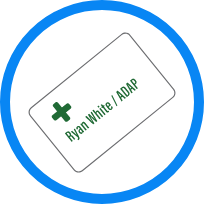
Ryan White Community Advisory Committee (CAC)
Consisting of Ryan White enrollees and their loved ones, plus caregivers and community volunteers, the CAC offers input to improve the quality of support services provided by Utah’s Ryan White Part B Program. Committee members are asked to commit to monthly meetings for at least one year.
To get involved, contact Misty Thompson:
[email protected] or (385) 282-8440
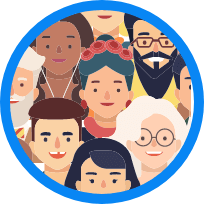
Utah HIV Planning Group
(UHPG)
The UHPG is an open group where people affected by HIV in Utah can collaborate with service providers for people living with HIV (or at risk for HIV). The UHPG meets quarterly, and meetings are always open to the public.
To get involved, contact Ervin Simmons:
[email protected]

Community Partners
Consider volunteering with one of these organizations, where you’ll connect with other dedicated individuals working to end HIV in Utah.
